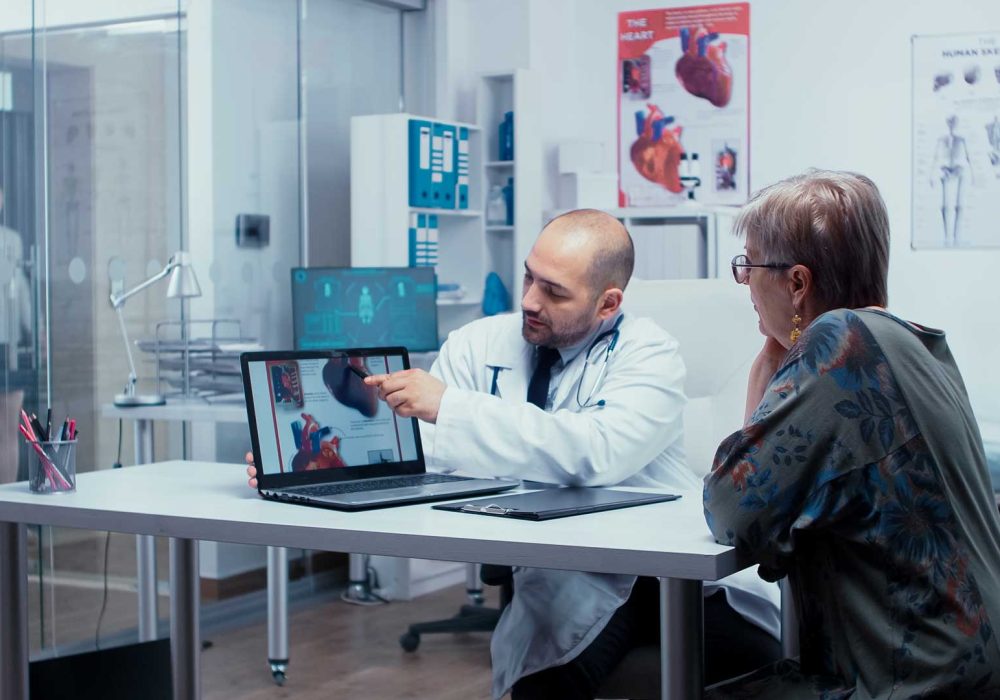
EMERGENCY MEDICENE

EMERGENCY MEDICENE
At PCRI Hospital, we are committed to providing swift, comprehensive, and compassionate emergency medical care. Our state-of-the-art emergency department is equipped with the latest medical technology and staffed by highly skilled emergency physicians, nurses, and paramedics.
Our emergency services include:
- Trauma Care: We are experienced in handling a wide range of traumatic injuries, including accidents, falls, and assaults. Our team works quickly to stabilize patients and provide life-saving interventions.
- Cardiac Care: Our emergency department is equipped to handle cardiac emergencies, such as heart attacks and strokes. We have the expertise and technology to provide immediate treatment and prevent long-term complications.
- Pediatric Care: We are dedicated to providing specialized care for children in emergency situations. Our pediatric emergency department is designed to create a comfortable and reassuring environment for young patients.
- Poison Control: We have a poison control center that provides expert advice and guidance for cases of poisoning. Our team can help identify the poison and recommend appropriate treatment.
- Disaster Preparedness: We are prepared to respond to emergencies of all sizes, including natural disasters and mass casualty incidents. Our emergency department has a disaster plan in place to ensure that we can provide effective care to a large number of patients.
Approach
Emergency medicine is a dynamic and challenging field that requires a systematic and efficient approach to patient care. Here are the key steps involved:
1. Triage:
- Rapid assessment: Quickly determine the patient’s severity and prioritize care.
- Vital signs: Assess heart rate, blood pressure, respiratory rate, and oxygen saturation.
- Chief complaint: Identify the patient’s main reason for seeking medical attention.
2. Primary Survey:
- Airway: Ensure a clear airway and assist breathing if necessary.
- Breathing: Assess respiratory rate, effort, and lung sounds.
- Circulation: Check blood pressure, pulse, and for signs of bleeding.
- Disability: Evaluate neurological status and level of consciousness.
- Exposure: Remove clothing to assess for injuries or other medical conditions.
3. Secondary Survey:
- Detailed history: Gather information about the patient’s medical history, allergies, medications, and recent events.
- Physical examination: Conduct a thorough head-to-toe examination to identify any additional injuries or abnormalities.
4. Diagnosis:
- Differential diagnosis: Consider multiple possible diagnoses based on the patient’s symptoms and findings.
- Diagnostic testing: Order appropriate tests, such as blood tests, X-rays, or CT scans, to confirm or rule out diagnoses.
5. Treatment:
- Stabilization: Address immediate life-threatening conditions.
- Management: Treat the underlying cause of the patient’s illness or injury.
- Disposition: Decide whether the patient should be admitted to the hospital, transferred to another facility, or discharged.
Key Considerations:
- Time management: Emergency medicine often involves treating multiple patients simultaneously, so efficient time management is crucial.
- Critical thinking: The ability to quickly analyze information and make decisions under pressure is essential.
- Communication: Effective communication with patients, families, and other healthcare providers is vital.
- Teamwork: Emergency medicine is a team-based approach, requiring collaboration among physicians, nurses, paramedics, and other healthcare professionals.
Would you like to know more about a specific aspect of emergency medicine, such as trauma care, cardiac emergencies, or pediatric care?
What happens if I need go to Hospital??
If you need to go to the hospital, here’s a general overview of what to expect:
-
Emergency Room or Urgent Care:
- Triage: You’ll be assessed to determine the severity of your condition.
- Medical Evaluation: A doctor will examine you and ask questions about your symptoms.
- Tests: You may undergo blood tests, X-rays, or other diagnostic procedures.
- Treatment: If necessary, you’ll receive immediate medical treatment, such as medication, IV fluids, or surgery.
-
Admission:
- If your condition requires hospitalization: You’ll be admitted to a hospital room.
- Paperwork: You may need to complete some paperwork, such as insurance information and consent forms.
-
Treatment and Monitoring:
- Regular check-ups: Nurses will monitor your vital signs and overall condition.
- Medication: You may be given medications to treat your symptoms or underlying conditions.
- Procedures: You may undergo additional tests or procedures as needed.
-
Discharge:
- When your condition improves: You’ll be discharged from the hospital.
- Follow-up: Your doctor will provide instructions for follow-up care, including any necessary medications or appointments.
Does PCRI Hospital offer urgent care?
I couldn’t find specific information about Medific offering urgent care. It’s possible that:
- They might offer urgent care services but it’s not widely advertised.
- They might not offer urgent care services at all.
To get the most accurate information, I recommend contacting Medific directly. You can usually find their contact information on their website or through a general internet search.
Here are some other resources you might find helpful:
- Medific’s official website: Check if they have a section about their services or locations.
- Local healthcare directories: These directories often list hospitals, clinics, and other healthcare providers in your area.
- Insurance company’s provider directory: If you have insurance, their provider directory can tell you which healthcare providers are in-network and offer the services you need.
By contacting Medific directly or using these resources, you should be able to determine if they offer urgent care services and get the information you need to make an informed decision.
Sources and related content
How is pcri Hospital defferent from other practices?
Far far away, behind the word mountains, far from the countries Vokalia and Consonantia, there live the blind texts. Separated they live in Bookmarksgrove right at the coast
Opening Hours
Mon – Fri
24 HOURS
Sat – Sun
24 HOURS
Make Your Appointment
Get Free Medical Consultation, Call 08622-256779
-
1-53 Srinagar Chinnapadugupadu, before NH-67 NTS Railwaygate Nellore-524137 Andhra Pradesh India -
08622-256779
-
+917989692626
-
info@pcripl.com
Stay Connected
Youtube
Facebook
Instagram
Twitter
